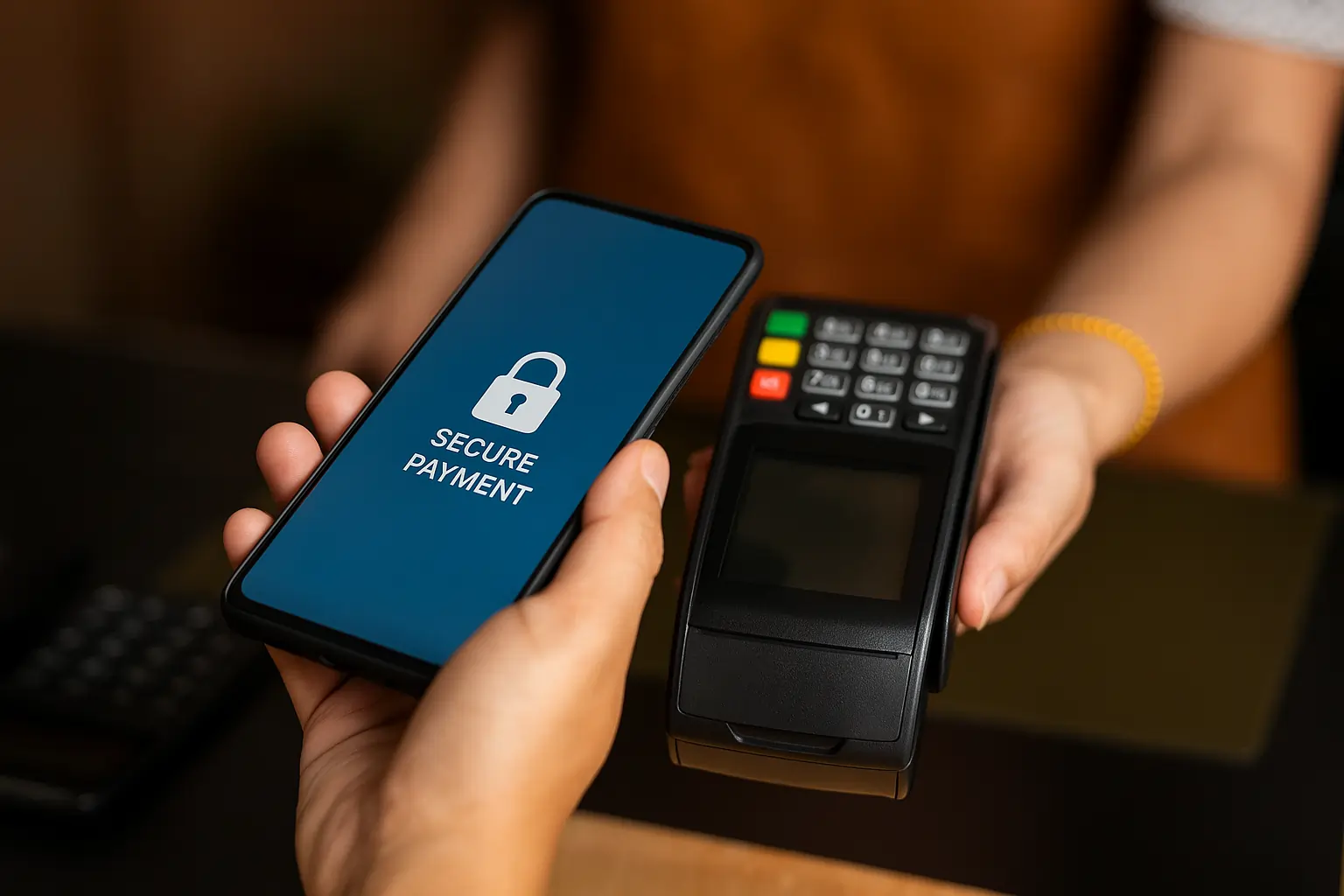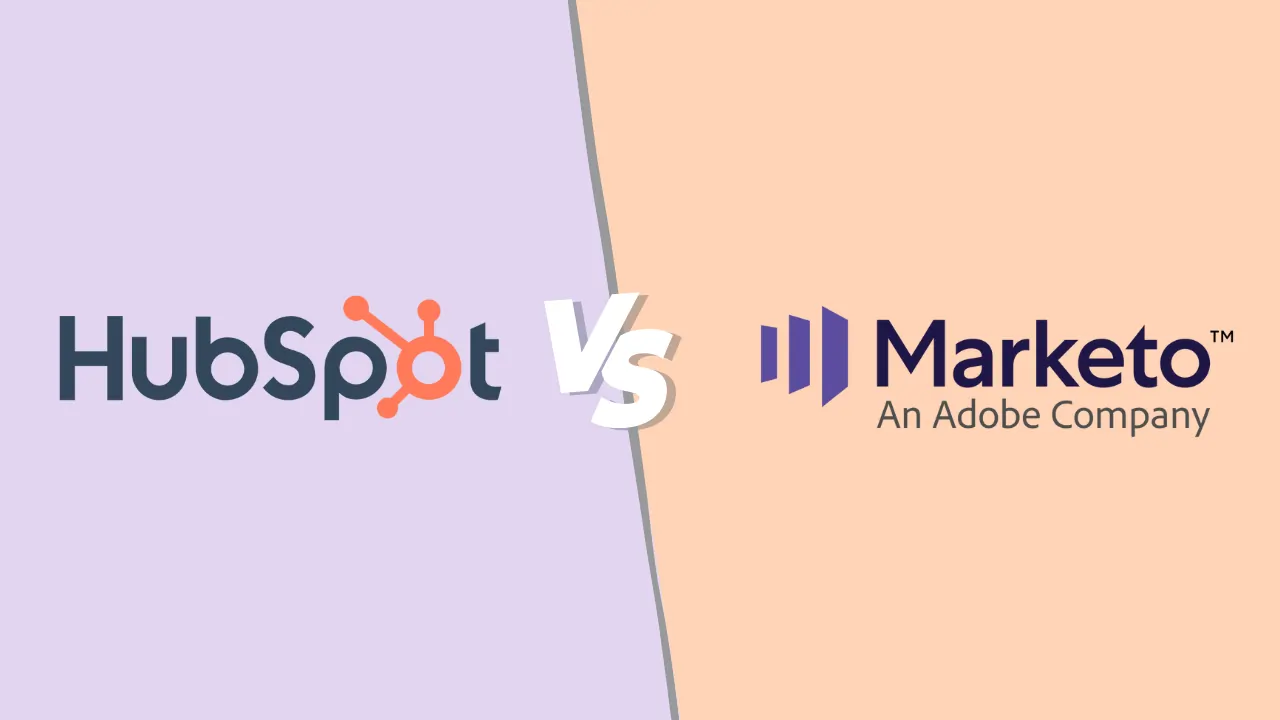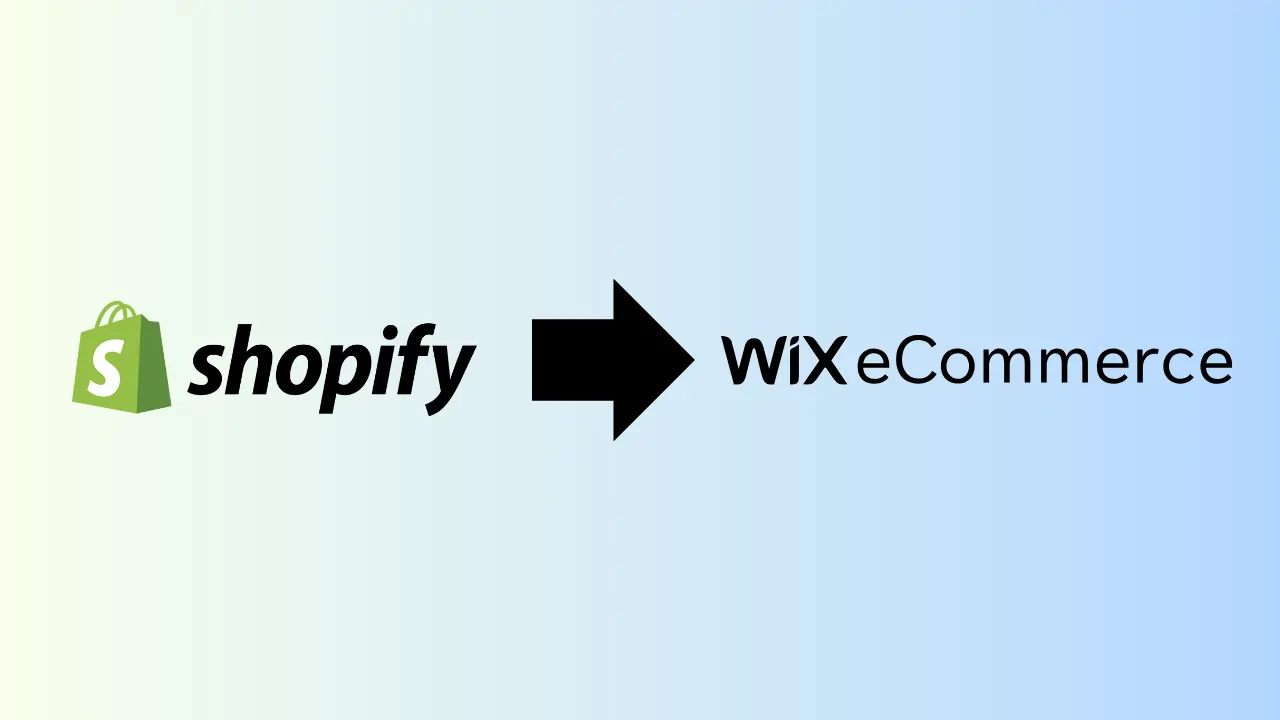What is PCI compliance? A guide for small businesses

PCI compliance is part of doing business if your business accepts credit card payments. It ensures that customer payment information stays secure and your company avoids costly penalties and fraud risks.
This guide covers PCI compliance, the requirements and standards you need to know, and the practical steps to keep your business compliant.
What is PCI compliance?
PCI compliance means following the Payment Card Industry Data Security Standard (PCI DSS). These are global security standards developed by major credit card networks to protect sensitive payment data.
Any business that stores, processes, or transmits credit card information is expected to follow these standards.

Is PCI compliance required?
Yes. PCI compliance is required for any business that handles credit card transactions, regardless of size.
Non-compliance can result in:
- Fines from your payment processor or card networks
- Higher transaction fees
- Liability in the event of a breach
- Reputational damage and loss of customer trust
PCI compliance requirements
The PCI DSS framework is built around 12 requirements grouped into six categories. Here’s a high-level view:
| PCI DSS category | What it means in practice |
| Build and maintain a secure network | Use firewalls and update default passwords. |
| Protect cardholder data | Encrypt stored and transmitted payment information. |
| Maintain a vulnerability management program | Run antivirus software and apply updates. |
| Implement strong access control | Limit data access to essential personnel. |
| Monitor and test networks | Track system activity and test defenses regularly. |
| Maintain an information security policy | Document clear rules and train staff. |
PCI compliance standards by business size
Compliance looks different depending on your annual transaction volume. The PCI Security Standards Council defines four compliance levels:
| Level | Annual transactions | Requirements |
| 1 | Over 6 million | Annual on-site audit by a Qualified Security Assessor (QSA) plus quarterly scans. |
| 2 | 1–6 million | Annual self-assessment questionnaire (SAQ) and quarterly scans. |
| 3 | 20,000–1 million (e-commerce) | Annual SAQ and quarterly scans. |
| 4 | Fewer than 20,000 (e-commerce) or up to 1 million (other) | Annual SAQ and scans (requirements vary by processor). |
Most small businesses fall into Level 4. That typically involves completing a self-assessment questionnaire and, in some cases, running security scans.
How to be PCI compliant
Becoming PCI compliant is straightforward once you know the process. The main steps are:
- Identify your compliance level – Based on transaction volume.
- Complete the self-assessment questionnaire (SAQ) – A checklist tailored to your business type.
- Run security scans – Required if your business stores or transmits payment data online.
- Resolve any security issues – Update systems, change passwords, and train staff as needed.
- Submit documentation – Provide proof of compliance to your processor or bank.
- Review regularly – PCI compliance is ongoing; monitor systems and update practices as needed.
PCI compliance and credit card processing
Credit card processing compliance goes hand in hand with PCI compliance. Your payment processor (for example, Stripe, Square, or PayPal) often helps meet certain technical requirements. However, ultimate responsibility for compliance rests with your business.
Some processors include PCI compliance support, while others charge extra. It’s worth confirming what your provider offers.
Common PCI compliance mistakes to avoid
Many compliance issues come from small oversights rather than major security flaws. Common pitfalls include:
- Storing unnecessary card data – Keeping customer card numbers or security codes increases risk.
- Weak or shared passwords – Shared logins and default passwords are easy entry points for attackers.
- Outdated software – Failing to patch point-of-sale systems, e-commerce platforms, or plugins leaves vulnerabilities open.
- Untrained staff – Employees unaware of data handling rules may unintentionally expose sensitive information.
Addressing these areas proactively helps your business maintain compliance and avoid costly breaches.
Costs of PCI compliance
The cost of PCI compliance varies depending on your business size and processor:
- Small businesses – Many processors include PCI compliance at no additional cost, though some charge annual fees ranging from $50 to $200.
- Larger businesses – Annual audits, Approved Scanning Vendor (ASV) scans, and dedicated IT resources can increase expenses.
For most SMBs, PCI compliance costs are modest compared to the potential financial and reputational impact of a data breach.
Benefits beyond compliance
While compliance is mandatory, the advantages go well beyond avoiding fines. Businesses that prioritize PCI compliance often see:
- Stronger cybersecurity overall – Practices like firewalls, encryption, and monitoring protect more than just payment data.
- Better vendor relationships – Banks and processors prefer working with compliant businesses.
- Customer confidence – A secure checkout process encourages repeat purchases and loyalty.

PCI compliance checklist for SMBs
For quick reference, here’s a simplified PCI compliance checklist:
- Identify your compliance level
- Complete the appropriate self-assessment questionnaire (SAQ)
- Run vulnerability scans if required
- Update software, firewalls, and passwords
- Train employees on secure data handling
- Submit compliance documents to your processor
- Review compliance annually and monitor systems year-round
Why PCI compliance matters for small businesses
For small businesses, PCI compliance isn’t just about avoiding penalties. It’s a foundation for long-term trust and operational security.
Benefits include:
- Stronger fraud protection – Safeguards your business and customers.
- Reduced liability – Lowers risks in the event of a breach.
- Customer confidence – Shoppers trust businesses that clearly take data security seriously.
- Better overall security – PCI requirements strengthen your systems beyond payments.
Key takeaways
- PCI compliance is a required set of security standards for any business handling credit card payments.
- Requirements vary by transaction volume, but most SMBs qualify under Level 4.
- The process usually involves a self-assessment and, in some cases, security scans.
Maintaining compliance protects your reputation, your bottom line, and your customers’ trust.




